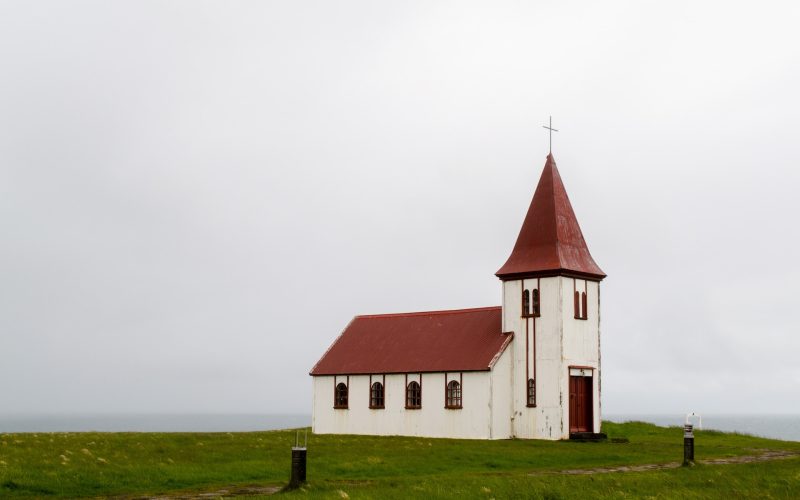Introduction:
Oklahoma finds itself at the forefront of a heated battle as it grapples with the daunting task of redefining the complex relationship between church and state. This ongoing struggle has ignited passionate discussions and sparked a clash of ideologies, with proponents arguing for a closer integration of religious principles into public life and opponents advocating for the preservation of a secular government. Today, we delve into the heart of Oklahoma’s quest to reshape the church-state dynamic, examining the motivations, challenges, and implications that lie at the core of this evolving debate.
The Tug-of-War:
At the heart of Oklahoma’s struggle lies the tension between the desire to honor religious values and the imperative to uphold the principles of a secular democracy. The state finds itself at a crossroads, navigating a delicate balance between the rights of religious individuals and the protection of individual liberties for all citizens, regardless of their beliefs.
Motivations and Drivers:
-
Cultural Identity and Tradition:
Advocates for redefining the church-state relationship argue that religion plays an integral role in shaping the cultural fabric of Oklahoma. They contend that acknowledging this significance is essential to preserving and celebrating their heritage. By integrating religious values into public life, they seek to reaffirm Oklahoma’s cultural identity and foster a sense of unity among its citizens.
-
Moral Foundation and Governance:
Supporters of closer ties between church and state believe that religious principles provide a solid moral foundation for governance. They assert that integrating these values into public policies will lead to a more ethical and just society. They argue that by recognizing and incorporating religious perspectives, Oklahoma can align its laws and practices with the deeply held convictions of its citizens.
-
Constitutional Interpretation:
The struggle to redefine the church-state relationship in Oklahoma is also rooted in differing interpretations of the U.S. Constitution. Advocates for a closer alignment argue that the intent of the Founding Fathers was not to create a complete separation between religion and government but rather to prevent the establishment of an official state religion. They contend that recognizing the influence of religion in public life is consistent with the principles of religious freedom and the free exercise thereof.
Challenges and Controversies:
-
Inclusion and Exclusion:
Critics of redefining the church-state relationship express concerns over potential exclusionary effects. They argue that privileging one religious perspective may marginalize minority faiths or those who identify as non-religious. Balancing the rights and beliefs of all citizens in a diverse society poses a significant challenge that Oklahoma must confront as it navigates this contentious issue.
-
Legal and Constitutional Complexities:
The debate surrounding the church-state relationship in Oklahoma inevitably raises legal and constitutional complexities. Constitutional scholars and legal experts are actively analyzing the potential ramifications of altering this delicate balance. Key considerations include the First Amendment’s Establishment Clause, which prohibits the government from endorsing or favoring any particular religion.
Public Discourse and Perspectives:
Oklahoma’s struggle to redefine the church-state relationship has sparked vibrant public discourse, offering a diverse range of perspectives on this divisive issue.
-
Preservation of Secularism:
Opponents argue for the preservation of a secular government, emphasizing the importance of religious neutrality in public institutions. They assert that maintaining a clear separation protects individual liberties, prevents religious discrimination, and ensures fair and equal treatment for all citizens, regardless of their beliefs.
-
Embracing Religious Heritage:
Proponents advocate for acknowledging and embracing the state’s religious heritage, asserting that it is integral to the social and cultural identity of Oklahoma. They believe that incorporating religious values into public life will reinforce moral foundations, foster unity, and reflect the convictions of a significant.












